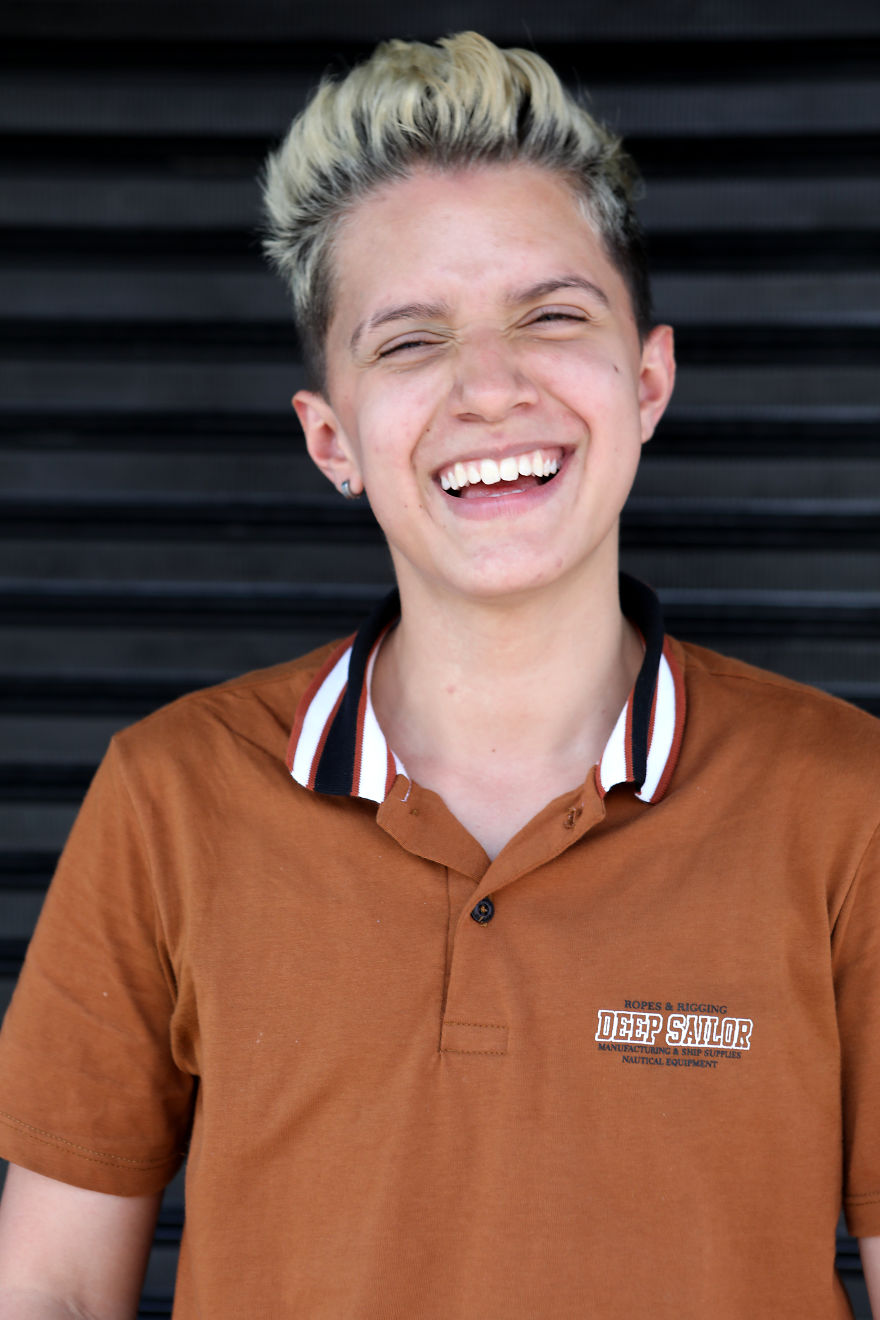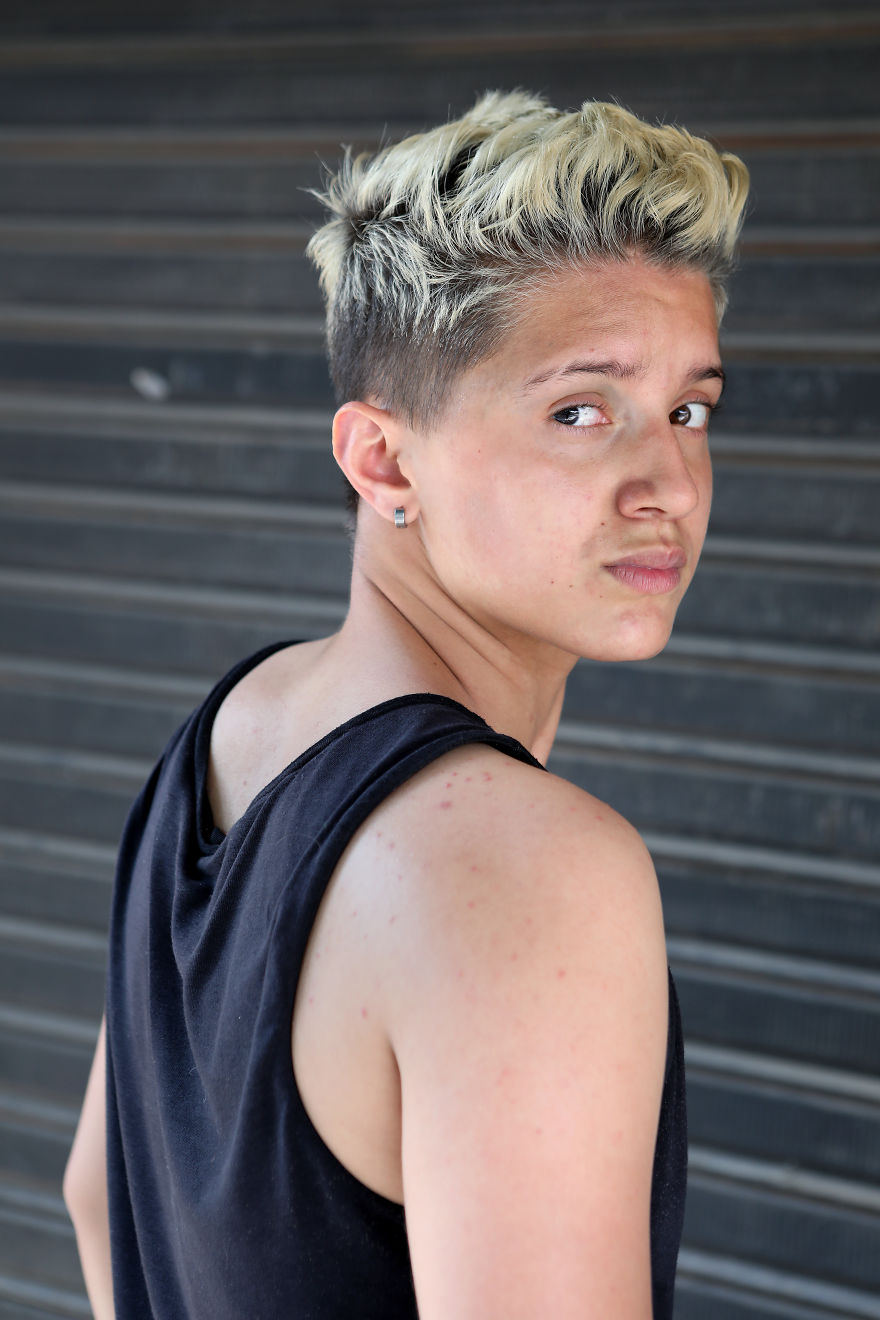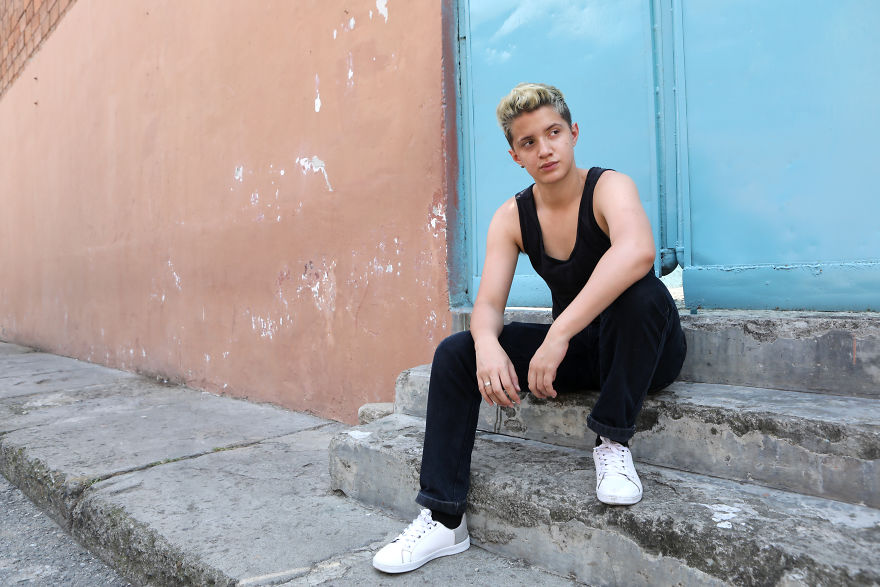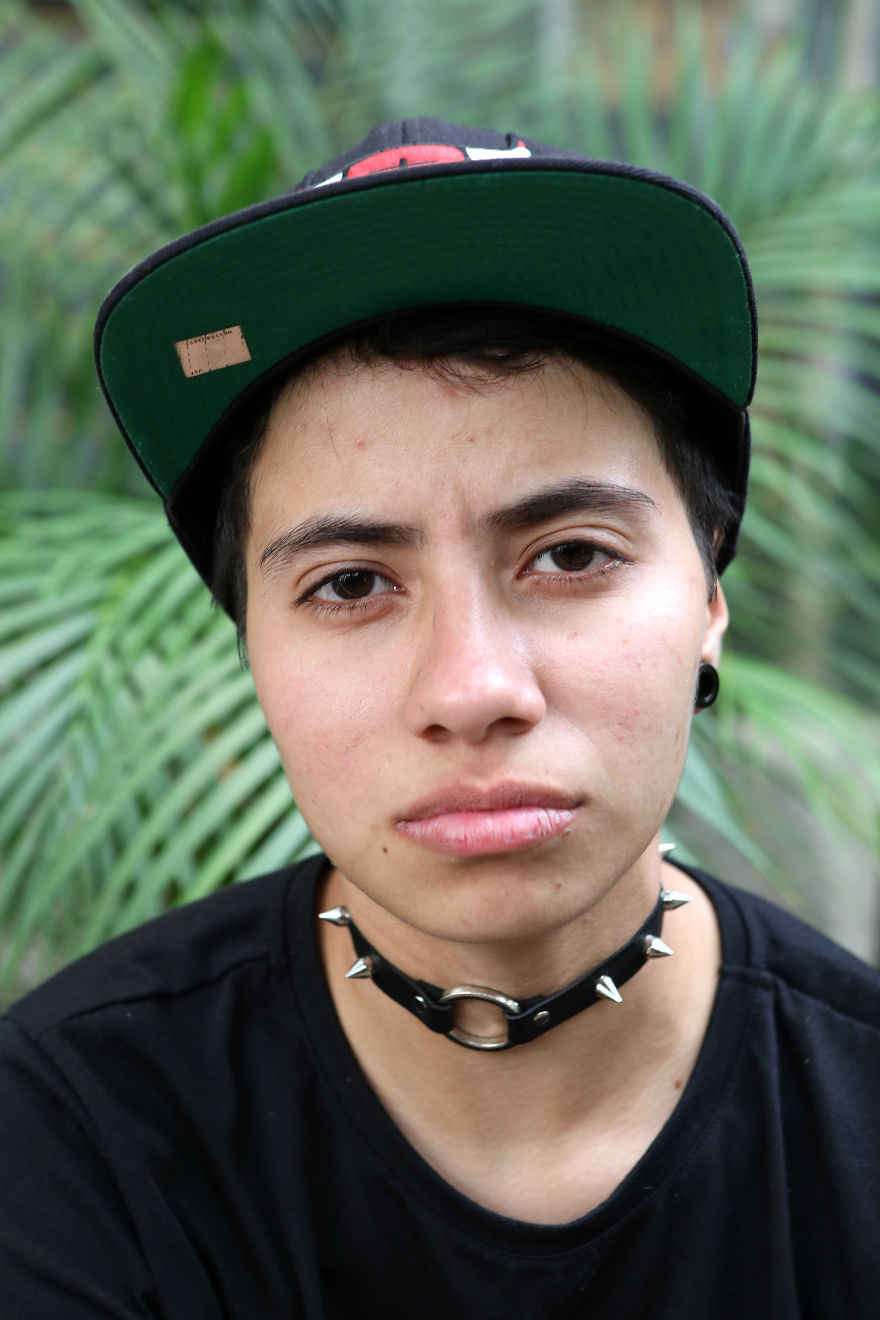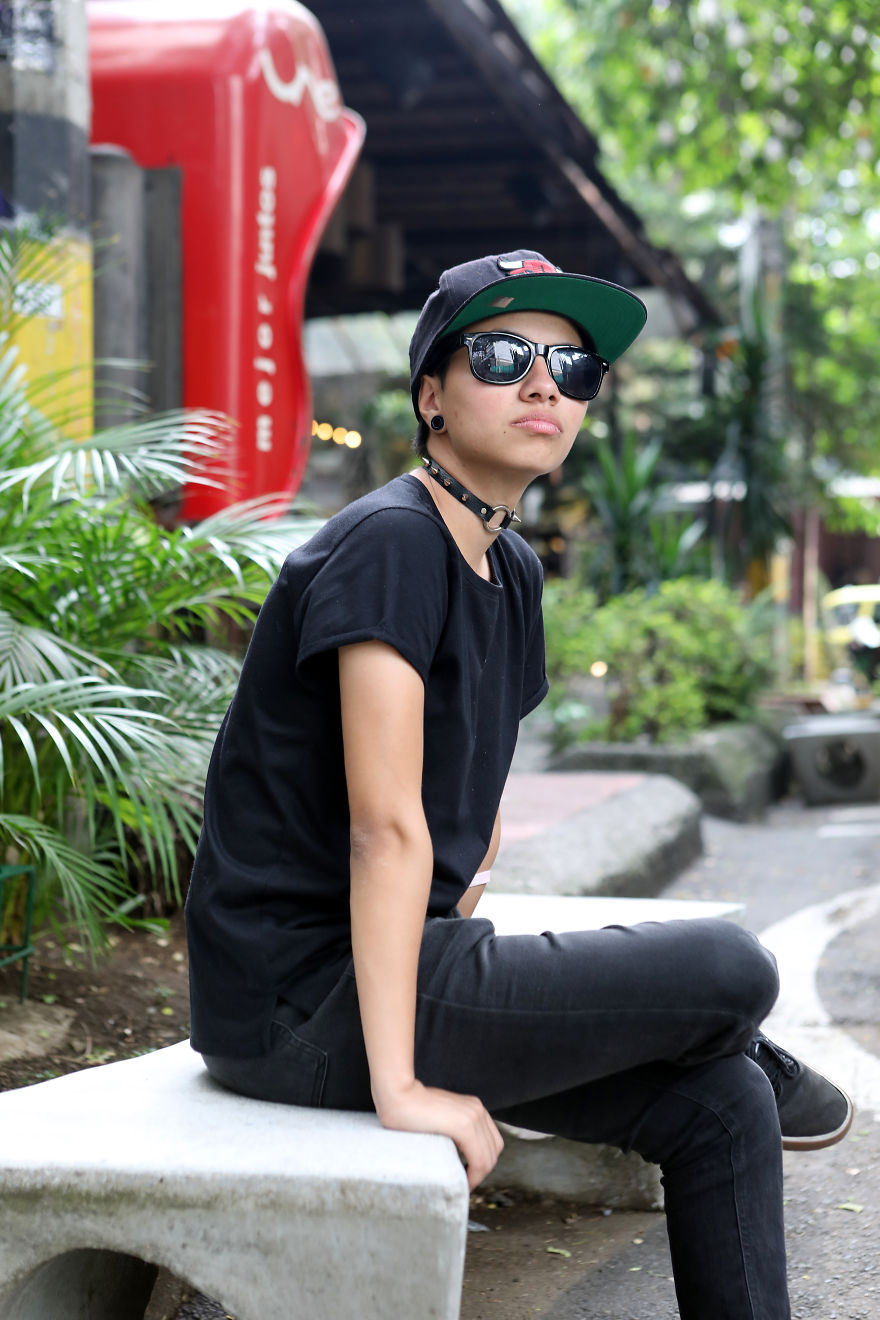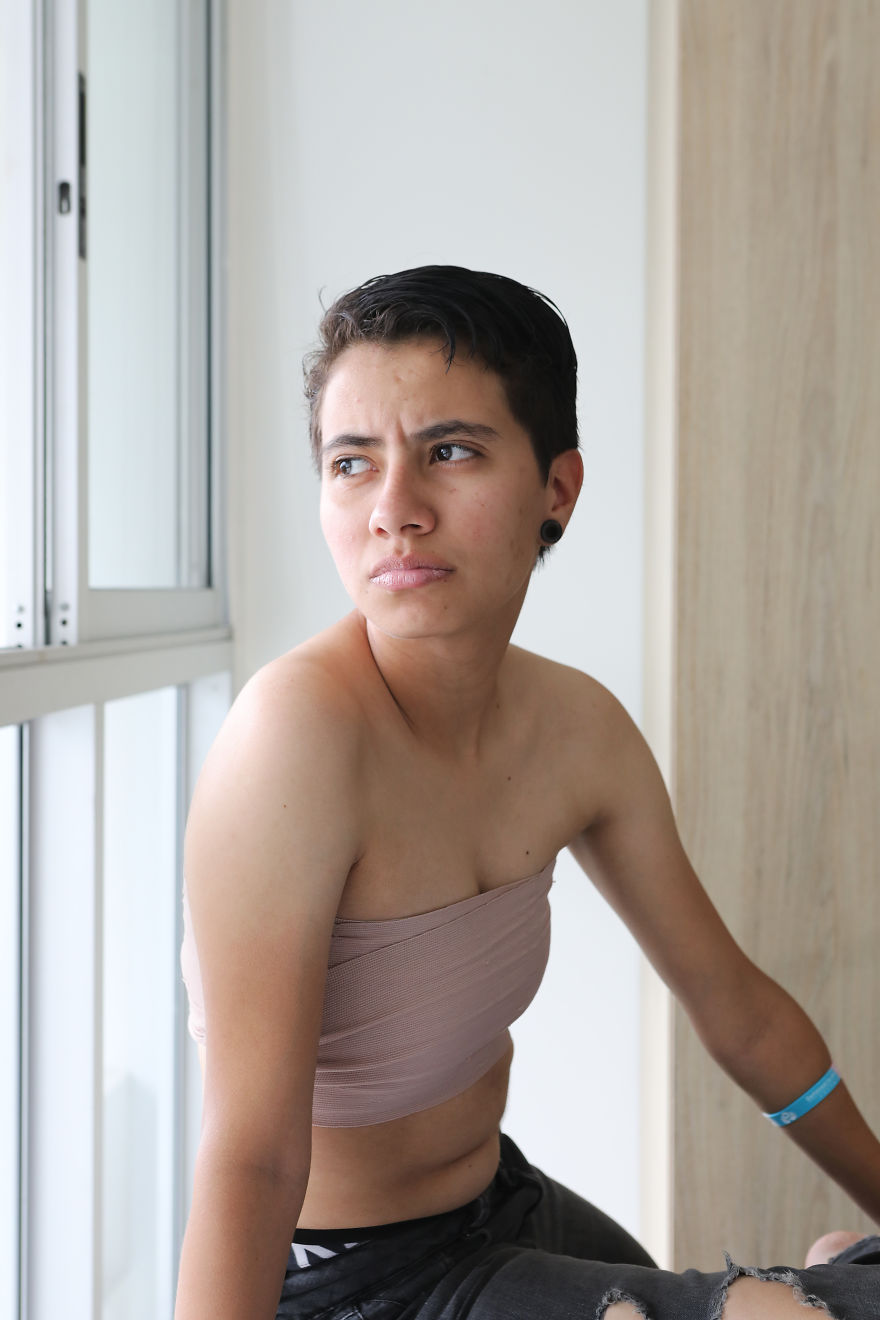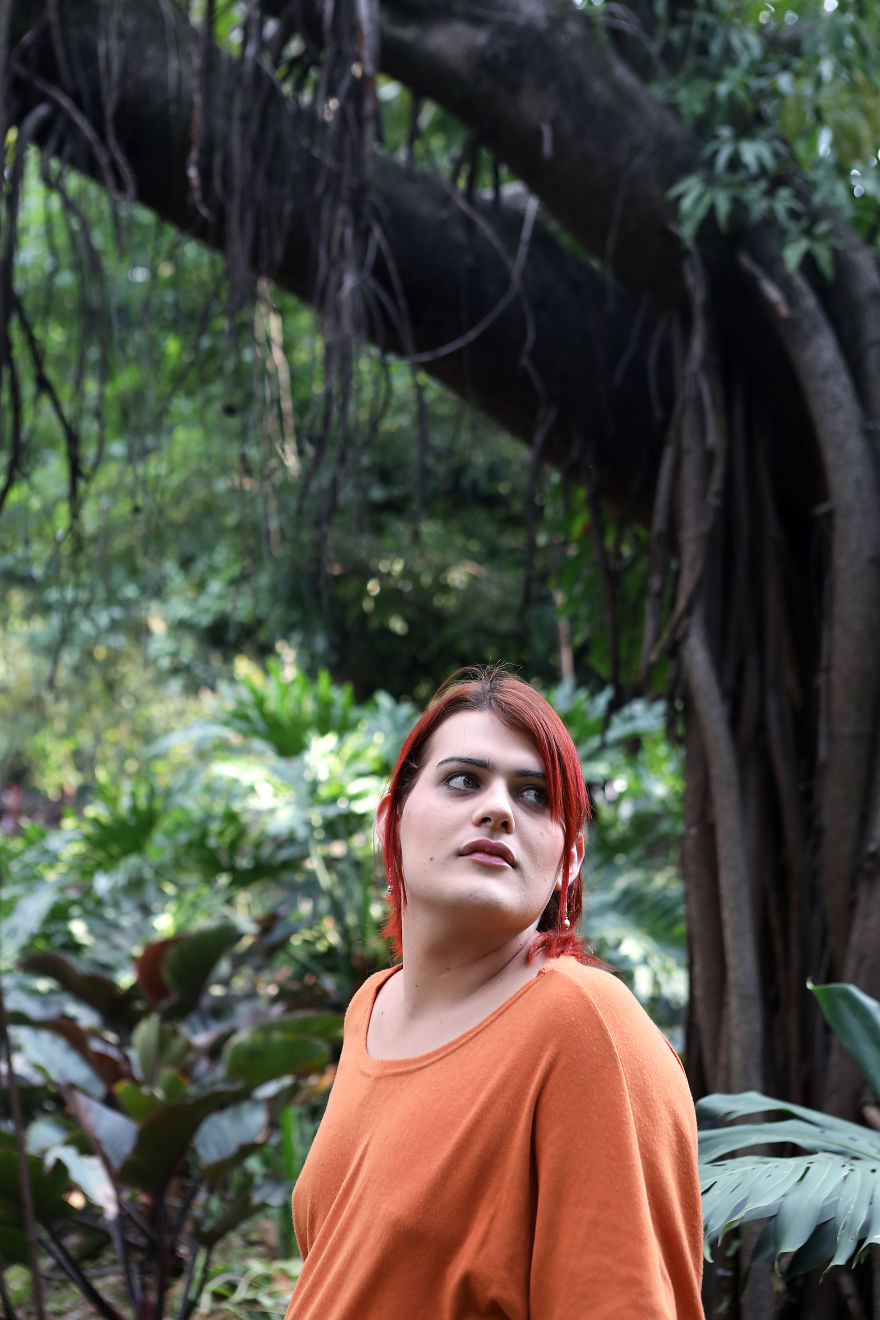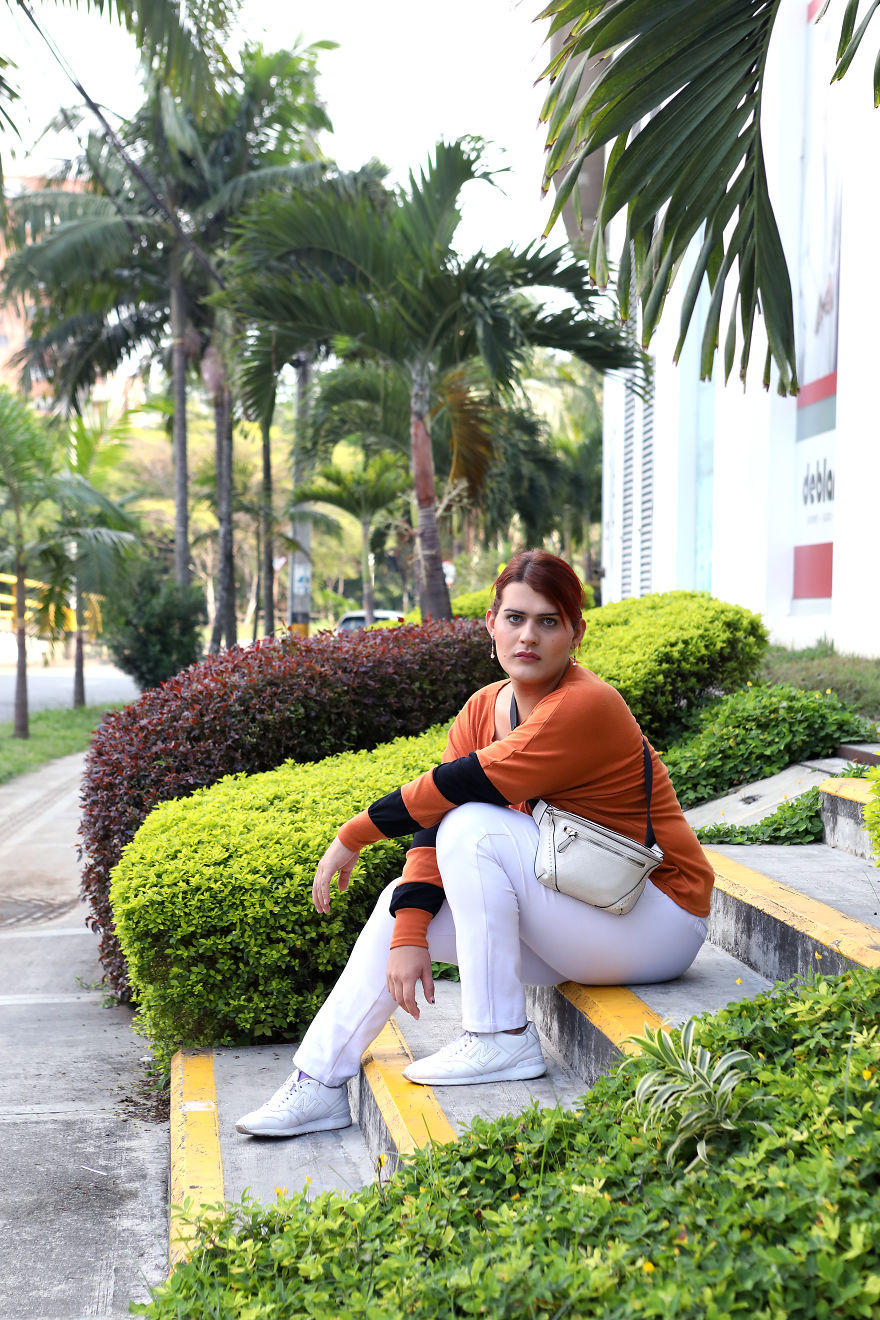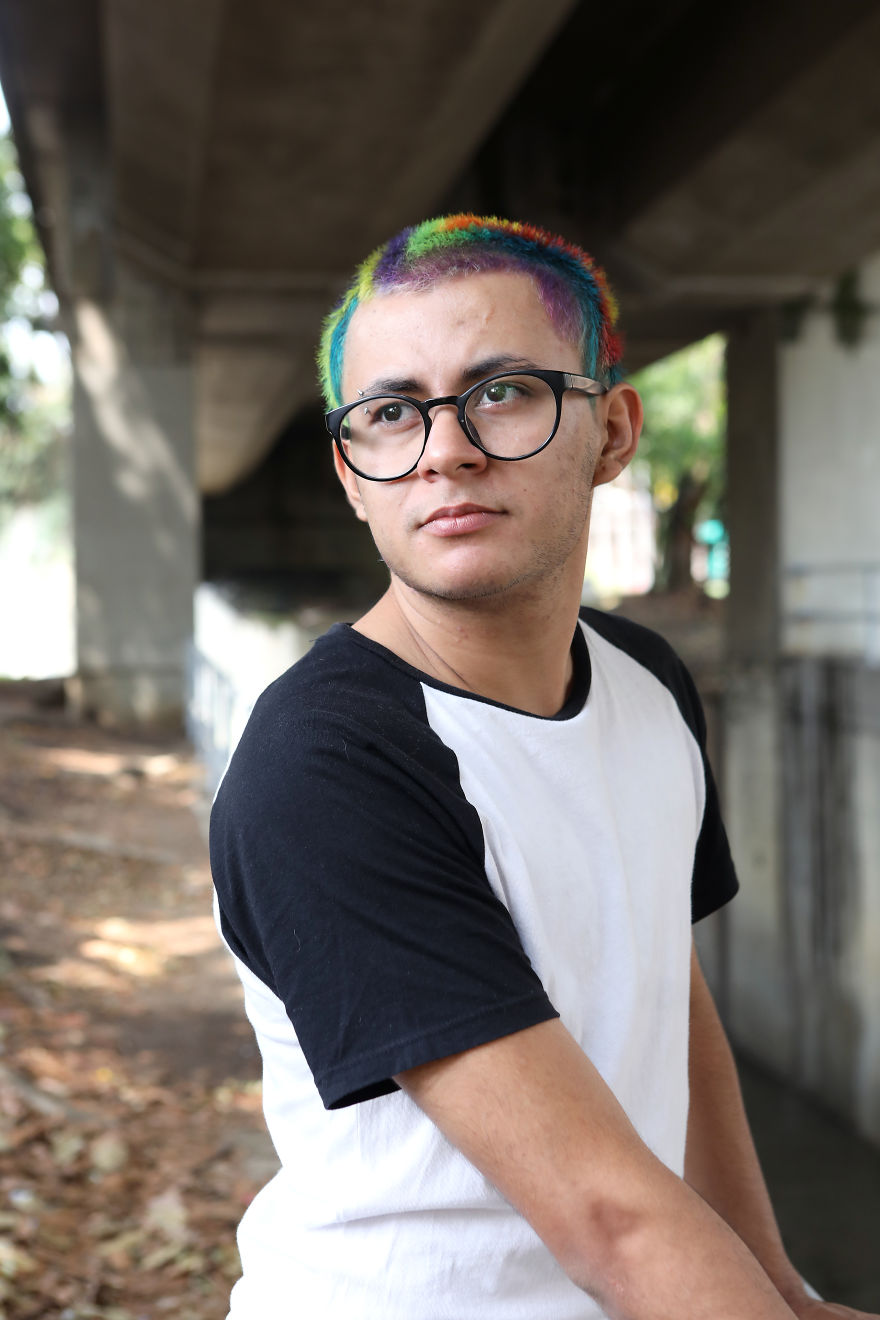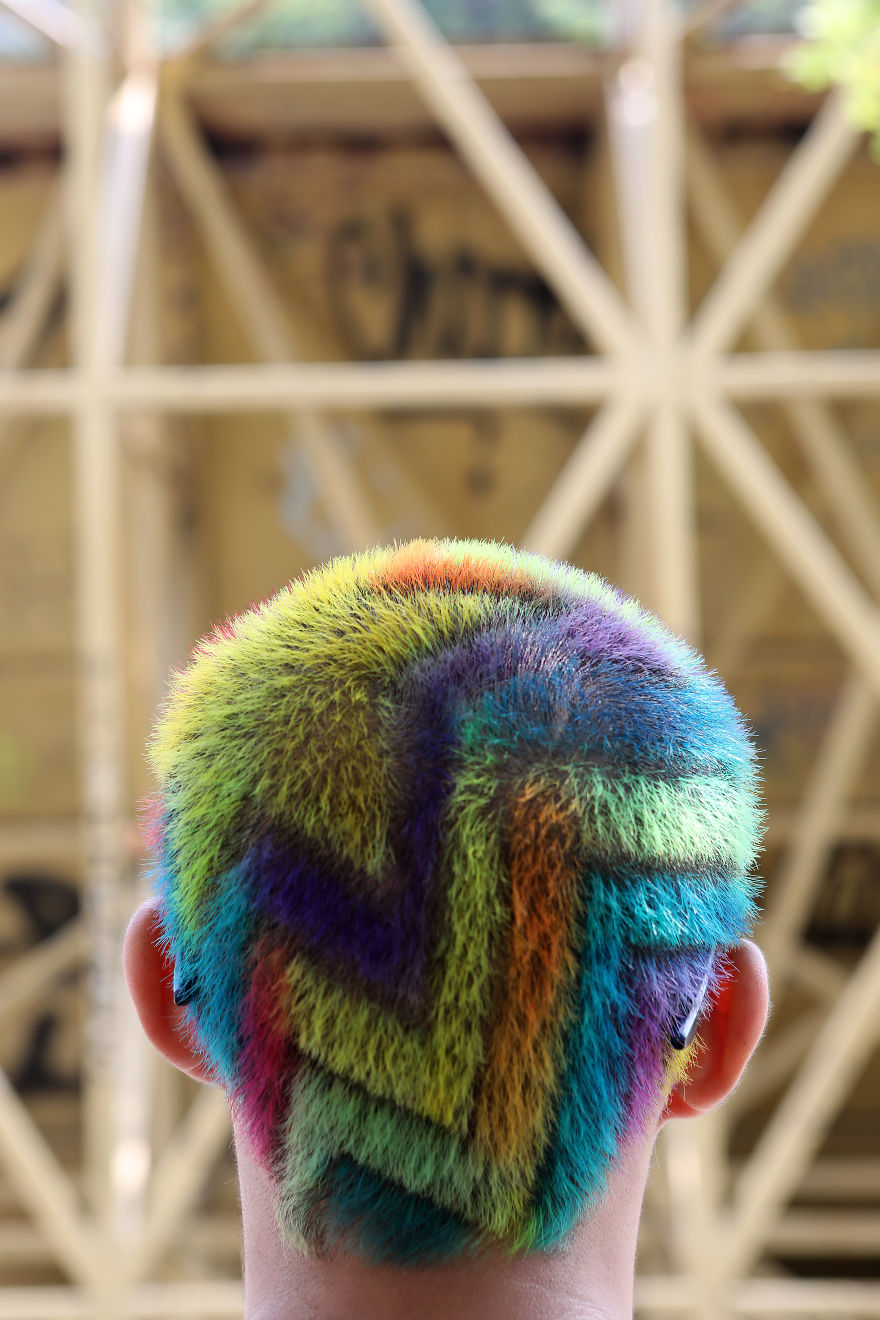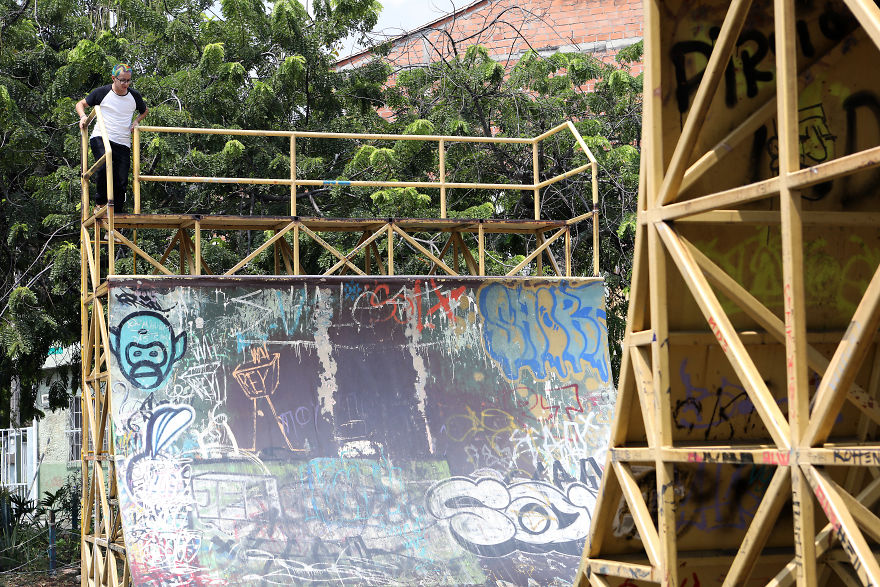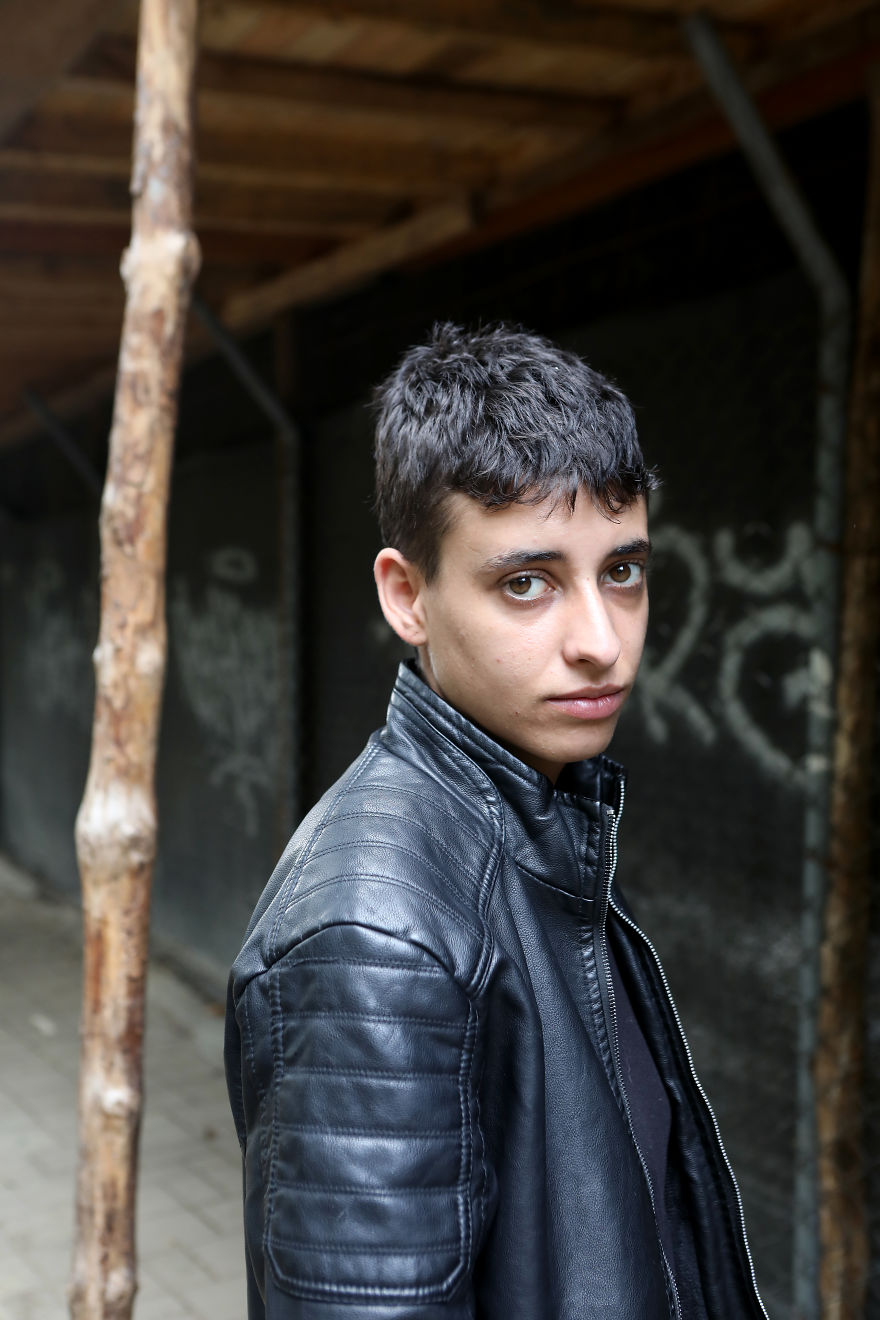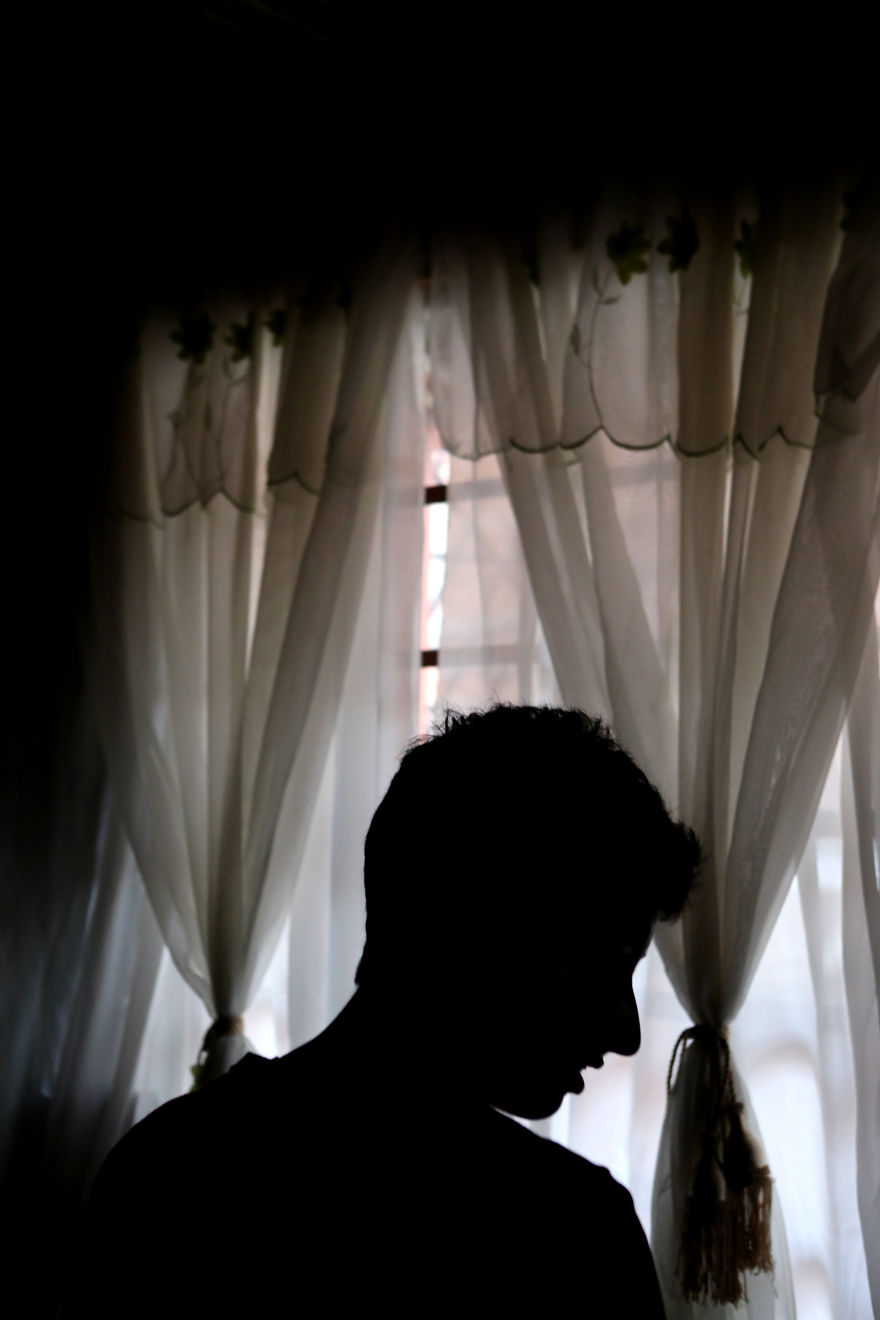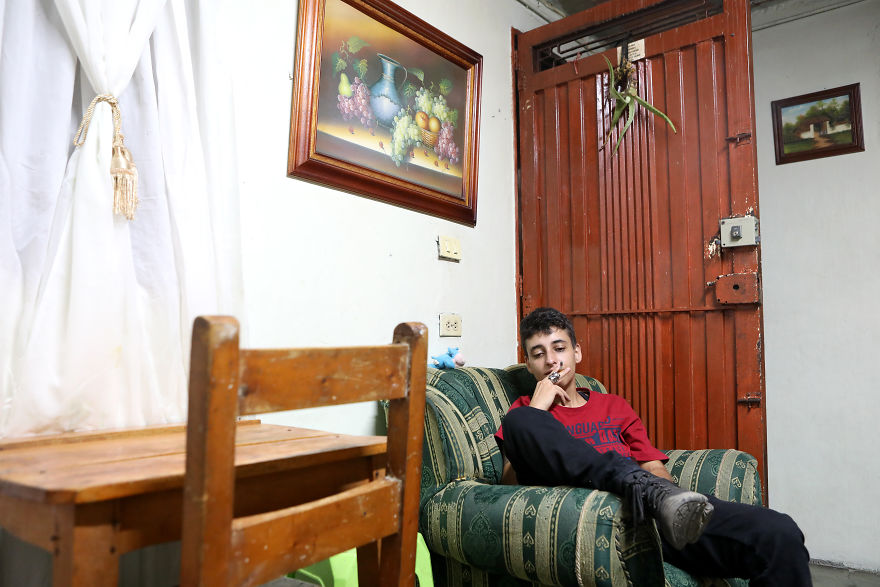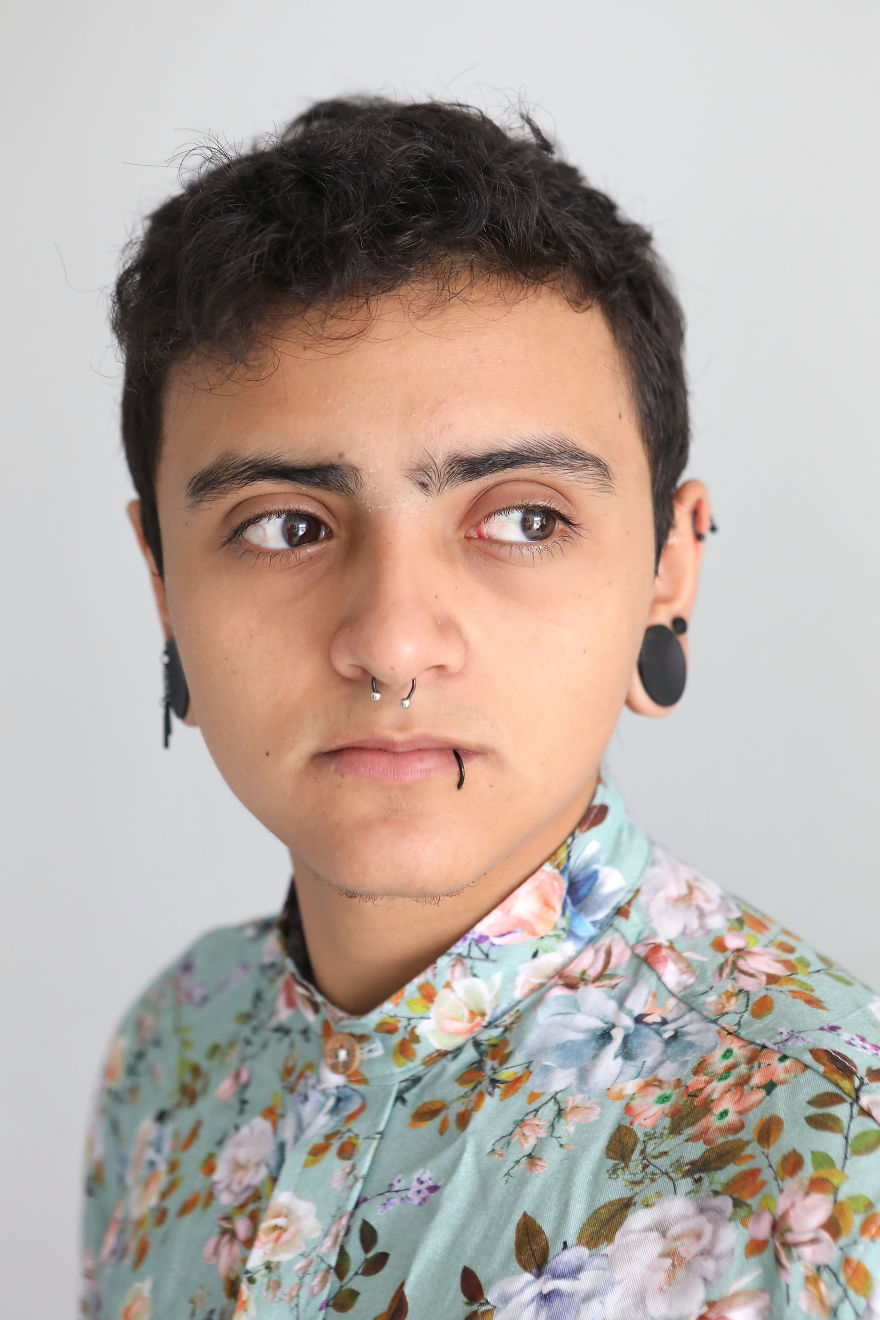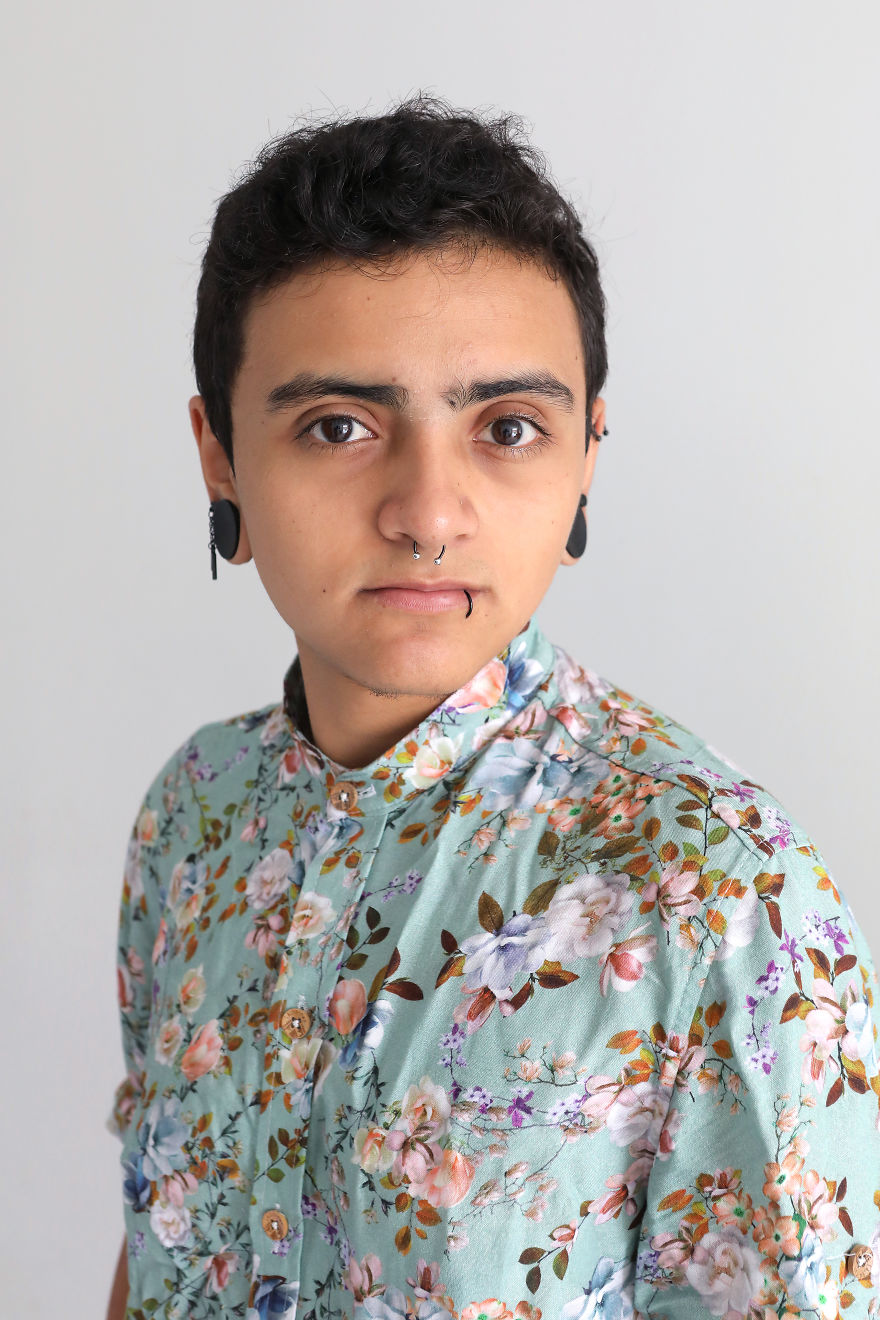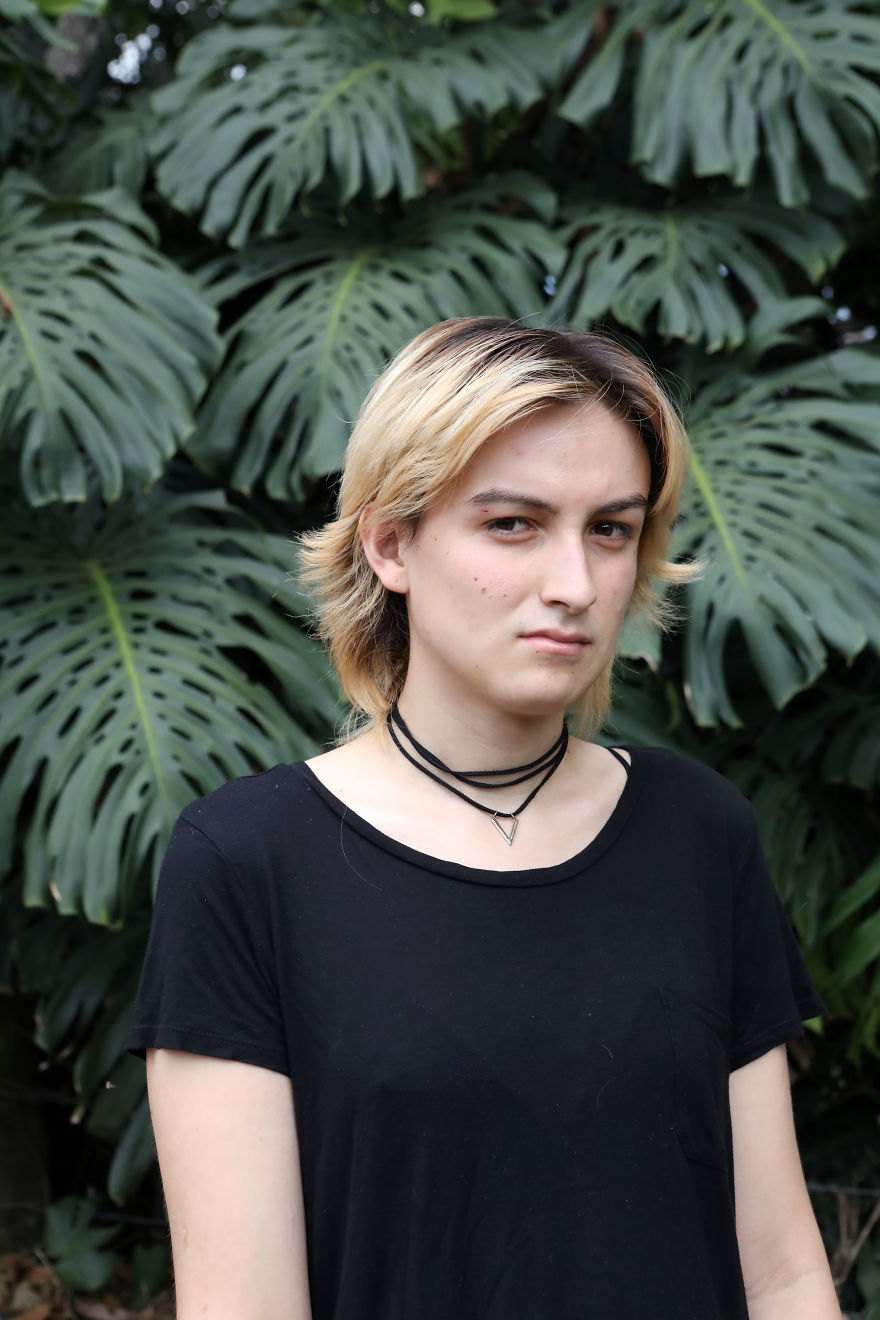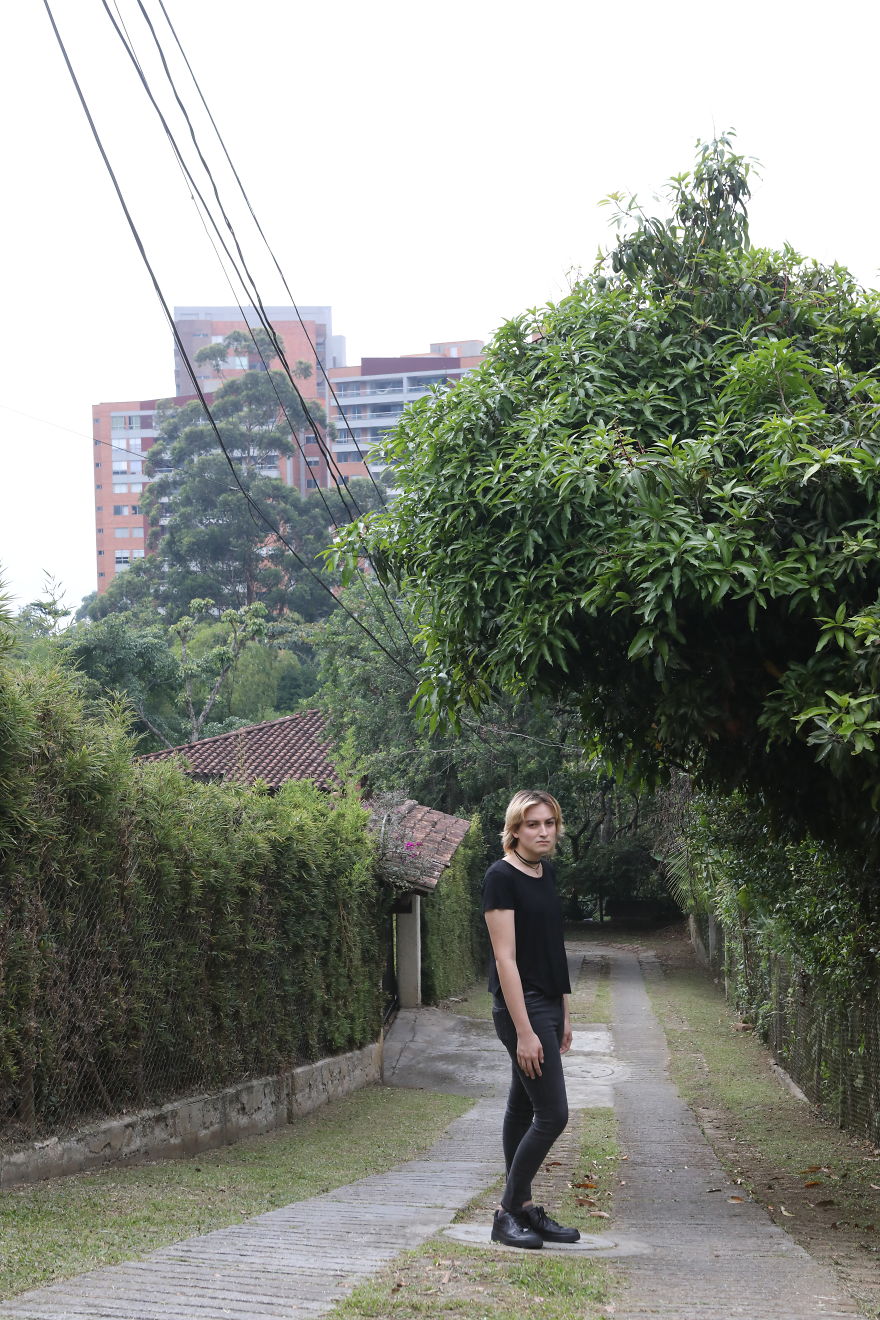In March, just before countries all over the globe closed their airspace, I spent two weeks in Medellin, Colombia, photographing transgend...
In March, just before countries all over the globe closed their airspace, I spent two weeks in Medellin, Colombia, photographing transgender youngsters.
Colombian society behaves extremely negatively towards the LGBT community, despite having relatively favorable laws for their members. The majority of my models were kicked out of their homes after their coming out. Trans people are regularly killed, mainly female sex workers. Last year, 17 murders were reported, but the actual number is probably higher.
Today, one day after the International Day Against Homophobia, Transphobia, and Biphobia, I want to share with you the faces and stories of seven Colombian youngsters. They were without exception extremely kind, brave, and powerful, despite their vulnerable position. When asked why they participated in my project, they all said it is important to be visible as a community, to create more awareness and understanding.
By reading (and sharing!) this article, you can help them with their mission.
More info: jaspergroen.nl | Instagram
Julian (Medellín, 1998)
“I want to become a psychologist to help other trans people. Taking care of mental health is very important when you’re part of a minority group like we are.”
“When I go to the gym, I never wear a chest binder, so that people are able to see my breasts. Sometimes men ask me questions and this is the moment I can educate people about transgender topics. If we want people to understand us, we should be visible.”
Ander (Barrancabermeja, 1998)
“At the age of twenty, I felt extremely depressed. I knew I wanted to transition, but I did not know how to. And I had this fear of my family, my friends, and society. Would they ever treat me like a man?”
“When I finally came out, my sisters supported me. But my mother is blinded by religion. She is a member of the evangelical church and in that community, they don’t accept people like me. She refuses to learn about the topic and eventually made me leave the house. When this happened, she hugged me in tears saying I would always be her favorite daughter.”
“Alas, I don’t have access to chest binders that meet safety standards. Binders from Colombia are of poor quality and I can’t afford to import better ones from the U.S. That’s why I use bandages. I know it’s bad for my health, but it’s the only way to make my chest flatter and that’s important to me.”
Alisson (Cocorná, 1994)
“Since 4 years, I work as a teacher. My pupils have always accepted me completely, but some of my former employers had problems with my transition. At my current school, I warned them, ‘It is forbidden by law to discriminate against me.’ This time I did not get any complaints. My father, however, will never accept me. He forced me to leave my house and my town, and he told me to commit suicide.”
“I have not been raped. Not yet. But life is dangerous for trans women. In Colombia, their life expectation is 35 years, because they are often killed to cover up a rape. Policemen are the biggest danger to us. Once a group of officers stopped me and told me we are prostitutes, thieves, and the s**t of society. After that, they beat me. I sued them and they were sanctioned based on footage from camera surveillance. I decided to defend my rights because I am a normal person who doesn’t deserve this kind of treatment. And I comfort myself with the thought that it’s because of my suffering I enjoy happiness more.”
Laura Daniel (Bogotá, 1996)
“When I changed my name to Laura Daniel on my legal documents, I declared my gender to be ‘female.’ I would love to have another option, to express my non-binary identity, but this is forbidden in Colombia.”
“The ‘f’ in my ID, combined with my masculine appearance, could cause problems with the police, but so far I’ve never had any trouble and I am ready to defend myself. I have the right to be who I am.”
Julio (Medellín, 1996)
“I had only one person in my life who supported me. My mother. She died two years ago. My father fought me aggressively over my transgender feelings and said I would never be a real man.”
“After my mother’s death, I lived with my uncle and aunt. But they deliberately used my female birth name and asked me to leave their house. Now I am all alone. To make a living, I work as a webcam model. In the future, I hope to become a trans role model.”
Nicolás (Bogotá, 1998)
“In my childhood, I had a very strong bond with the partner of my mother, to such an extent that my mother was even jealous of us. I expected him to be my ally when I came out, but it turned out to be on the contrary. He responded in a very bullying tone, ‘You will never be happy with this decision.’ That sentence has haunted me for many years, especially in moments of depression.”
“After my coming out, I was kicked out of my house. I did not get any support from my parents. But I am also independent, with a good house in a nice neighborhood. I speak fluent English. And I have a well- paid job at an international call center where I am not discriminated for being trans.”
Ariana (Mexico, 2002)
“My coming out was relatively easy. Both of my parents are doctors and well-educated. In the beginning, they kept quiet about it, but I pushed them little by little by buying female clothes and wearing makeup. At some point, they went to an organization for LGBT families to learn more about the topic and from that moment on, I had their full support.”
“On the streets and at school, I make myself visible as a trans woman to encourage other young trans people to come out. If you walk on the street and see LGBT people, it means it is safe to be yourself. Of course, I do take precautions: I only go outside for a walk with big groups.”
